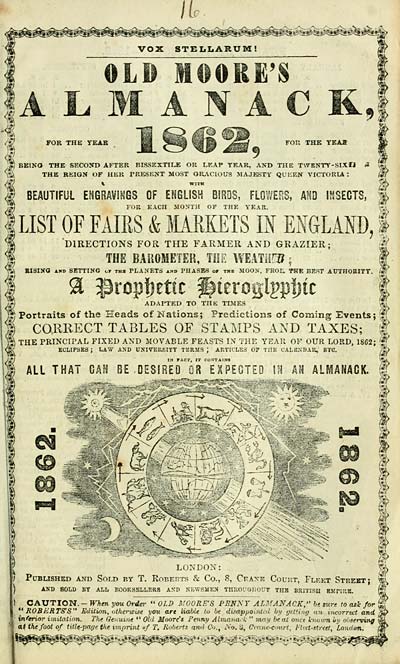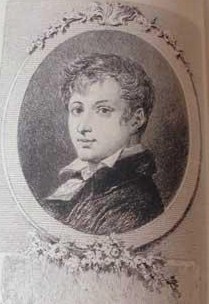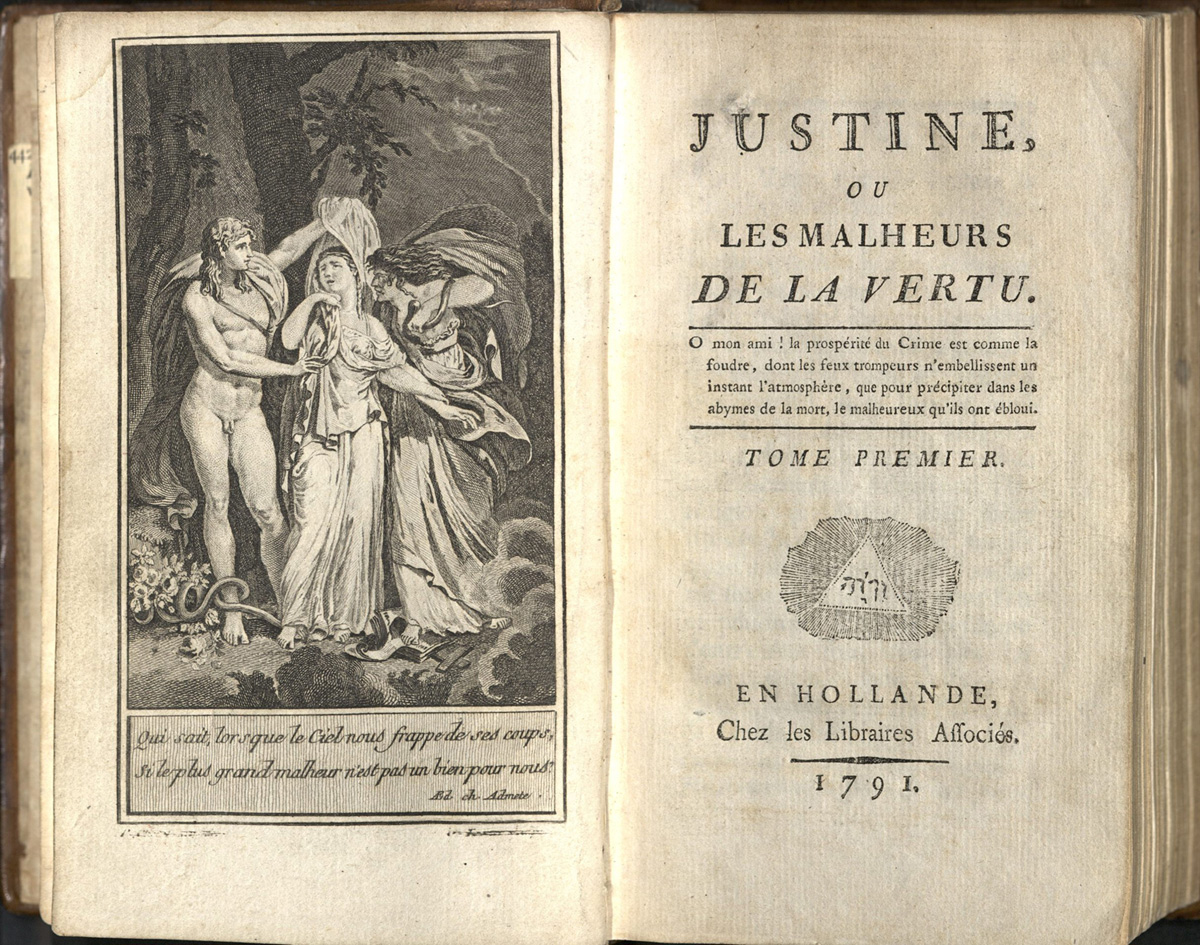|
Almanach Des Muses
''L'Almanach des Muses'' was a French-language poetry magazine published in Paris, France. History and profile ''Almanach des Muses'' was founded in 1765 by Claude-Sixte Sautreau de Marsy, Sautreau de Marsy. The magazine was much in vogue during the second half of the 18th century. The aim of the ''Almanach des Muses'' was to go beyond what previous almanacs had attempted by presenting to its readership a selection of recent poetry, with critical notes and information about the literary scene. Appearing annually, the ''Almanach des Muses'' published a number of lesser-known writers such as Évariste de Forges de Parny, Parny, Pierre Légier, Antoine Bertin, Bertin, Jean-Antoine Roucher, Roucher, Charles-Pierre Colardeau, Colardeau or Arnaud Berquin, Berquin, Gabriel-Marie Legouvé, Legouvé, Bernard de Bonnard, Bonnard, Antoine-Vincent Arnault, Arnault, well-known writers such as Stanislas de Boufflers, Boufflers, Jacques Delille, Delille, Claude Joseph Dorat, Dorat, Louis-Marceli ... [...More Info...] [...Related Items...] OR: [Wikipedia] [Google] [Baidu] |
Almanach Des Muses 1767
An almanac (also spelled almanack and almanach) is a regularly published listing of a set of current information about one or multiple subjects. It includes information like weather forecasting, weather forecasts, farmers' sowing, planting dates, tide tables, and other table (information), tabular data often arranged according to the calendar. Celestial figures and various statistics are found in almanacs, such as the sunrise, rising and sunset, setting times of the Sun and Moon, dates of eclipses, hours of high and low tides, and religious festivals. The set of events noted in an almanac may be tailored for a specific group of readers, such as farmers, sailors, or astronomers. Name The etymology of the word is unclear. The earliest documented use of the word in something like its current sense is in Latin in 1267. Roger Bacon used it to mean a set of tables detailing movements of heavenly bodies including the Moon. It has been suggested that the word ''almanac'' derives fro ... [...More Info...] [...Related Items...] OR: [Wikipedia] [Google] [Baidu] |
Sébastien-Roch Nicolas De Chamfort
Sébastien-Roch Nicolas, known in his adult life as Nicolas Chamfort and as Sébastien Nicolas de Chamfort (; 6 April 1741 – 13 April 1794), was a French writer, best known for his epigrams and aphorisms. He was secretary to Louis XVI's sister, and of the Jacobin club. Biography There are two birth certificates for Chamfort. The first, from Saint-Genès parish in Clermont-Ferrand, the capital city of Auvergne, says he was born there on 6 April 1741, the son of a grocer with the surname of Nicolas, and that he was given the name "Sébastien-Roch", so that his full name was Sébastien-Roch Nicolas. But a second birth certificate gives him the name "Sébastien Roch" and says he was born on 22 June, of "unknown parents", and some scholars argue that he was not born but baptized on that day. Local tradition said that he was the love child of an aristocratic woman, Jacqueline de Montrodeix (née Cisternes de Vinzelles), and of a clergyman named Pierre Nicolas; and that he was then g ... [...More Info...] [...Related Items...] OR: [Wikipedia] [Google] [Baidu] |
German Language
German (, ) is a West Germanic language in the Indo-European language family, mainly spoken in Western Europe, Western and Central Europe. It is the majority and Official language, official (or co-official) language in Germany, Austria, Switzerland, and Liechtenstein. It is also an official language of Luxembourg, German-speaking Community of Belgium, Belgium and the Italian autonomous province of South Tyrol, as well as a recognized national language in Namibia. There are also notable German-speaking communities in other parts of Europe, including: Poland (Upper Silesia), the Czech Republic (North Bohemia), Denmark (South Jutland County, North Schleswig), Slovakia (Krahule), Germans of Romania, Romania, Hungary (Sopron), and France (European Collectivity of Alsace, Alsace). Overseas, sizeable communities of German-speakers are found in the Americas. German is one of the global language system, major languages of the world, with nearly 80 million native speakers and over 130 mi ... [...More Info...] [...Related Items...] OR: [Wikipedia] [Google] [Baidu] |
Louis René Quentin De Richebourg De Champcenetz
Louis René Quentin de Richebourg de Champcenetz; (1759, in Paris – 23 July 1794, Paris) was a French journalist guillotined for his writings. He was the son of the Marquis de Champcenetz, governor of the Tuileries Palace The Tuileries Palace (, ) was a palace in Paris which stood on the right bank of the Seine, directly in the west-front of the Louvre Palace. It was the Parisian residence of most French monarchs, from Henri IV to Napoleon III, until it was b ... at the time of the French Revolution. Works *''Les Gobbe-Mouches'' (Au Palais Royal, 1788). *''Petit traité de l'amour des femmes pour lets sots (A Bagatelle, 1788). *''Réponse aux lettres sur le caractère et les ouvrages de J. J. Rousseau: Bagatelle que vingt libraires ont refusé de faire imprimer'' Germaine_de_Staël.html" ;"title="n response to Germaine de Staël">Mme. de Staël(A Genève, 1789).Full text aarchive.org(accessed 21 May 2025). Sources * Jean Chrétien Ferdinand Hoefer, ''Nouvelle Biogra ... [...More Info...] [...Related Items...] OR: [Wikipedia] [Google] [Baidu] |
Antoine Rivarol
Antoine is a French given name (from the Latin ''Antonius'' meaning 'highly praise-worthy') that is a variant of Danton, Titouan, D'Anton and Antonin. The name is most common in France, Switzerland, Belgium, Canada, West Greenland, Haiti, French Guiana, Madagascar, Benin, Niger, Burkina Faso, Ivory Coast, Guinea, Senegal, Mauritania, Western Sahara, Morocco, Algeria, Tunisia, Chad, Central African Republic, Cameroon, Equatorial Guinea, Gabon, Republic of the Congo, Democratic Republic of the Congo, Burundi, and Rwanda. It is a cognate of the masculine given name Anthony. Similar names include Antaine, Anthoine, Antoan, Antoin, Antton, Antuan, Antwain, Antwan, Antwaun, Antwoine, Antwone, Antwon and Antwuan. Feminine forms include Antonia, Antoinette, and (more rarely) Antionette. As a first name *Antoine Alexandre Barbier (1765–1825), a French librarian and bibliographer *Antoine Arbogast (1759–1803), a French mathematician *Antoine Arnauld (1612–1694), a Fren ... [...More Info...] [...Related Items...] OR: [Wikipedia] [Google] [Baidu] |
Louis-Sébastien Mercier
Louis-Sébastien Mercier (6 June 1740 – 25 April 1814) was a French dramatist and writer, whose 1771 novel '' L'An 2440'' is an example of proto-science fiction. Early life and education He was born in Paris to a humble family: his father was a skilled artisan who polished swords and metal arms. Mercier nevertheless received a decent education. Literary career Mercier began his literary career by writing heroic epistles. Early on, he came to the conclusion that Boileau and Racine had ruined the French language and that the true poet wrote in prose. He wrote plays, pamphlets, and novels, and published prodigiously. Mercier often recycled passages from one work to another and expanded on essays he had already written. Mercier's keen observations on his surroundings and the journalistic feel of his writing meant that his work remained riveting despite the nature of its composition. "There is no better writer to consult," Robert Darnton writes, "if one wants to get some idea ... [...More Info...] [...Related Items...] OR: [Wikipedia] [Google] [Baidu] |
Marceline Desbordes-Valmore
Marceline Desbordes-Valmore (20 June 1786 – 23 July 1859) was a French Romanticism, French Romantic poet and novelist. Early life and education Desbordes-Valmore was born in Douai. Following the French Revolution, her father's business was ruined, and she traveled with her mother to Guadeloupe in search of financial help from a distant relative. Marceline's mother died of yellow fever there, and the young girl somehow made her way back to France. At age 16, back in Douai, she began a career on stage. In 1817 she married her husband, the "second-rate" actor Prosper Lanchantin-Valmore. Career Desbordes-Valmore published ''Élégies et Romances'', her first poetic work, in 1819. In 1821 she published the narrative work ''Veillées des Antilles''. It includes the novella ''Sarah'', a contribution to the genre of Slavery, slave stories in France. Desbordes-Valmore appeared as an actress and singer in Douai, Rouen, the Opéra-Comique in Paris, and the Théâtre de la Monnaie in ... [...More Info...] [...Related Items...] OR: [Wikipedia] [Google] [Baidu] |
Charles Hubert Millevoye
Charles Hubert Millevoye (24 December 1782 in Abbeville – 12 August 1816 in Paris) was a French poet several times honored by the Académie Française. He was a transitional figure between the eighteenth and the nineteenth centuries as revealed in his Romantic poems. His poem beginning "" (La Fauvette) is also well known as set to music in by Georges Bizet, as well as '','' as referred to in Meyerbeer's and Louis Moreau Gottschalk's serenade for piano '','' Op. 11. Life First taught by an uncle, he later studied with M. Bardoux, a professor in the College of Abbeville. His father died when he was 13 years old, and he was then sent by his family to Paris to finish his education. He began to study law, then became a bookseller, but finally abandoned both to commit himself to writing. Millevoye married Margaret Flora Delattre on 31 August 1813 in Abbeville and only had one child, Charles Alfred (1813–1891), who served as magistrate in charge of the judicial organizati ... [...More Info...] [...Related Items...] OR: [Wikipedia] [Google] [Baidu] |
Jean-Paul Marat
Jean-Paul Marat (, , ; born Jean-Paul Mara; 24 May 1743 – 13 July 1793) was a French political theorist, physician, and scientist. A journalist and politician during the French Revolution, he was a vigorous defender of the ''sans-culottes'', a radical voice, and published his views in pamphlets, placards and newspapers. His periodical ''L'Ami du peuple'' (''The Friend of the People'') made him an unofficial link with the radical Jacobin group that came to power after June 1793. His journalism was known for its fierce tone and uncompromising stance toward the new leaders and institutions of the revolution. Responsibility for the September massacres has been attributed to him, given his position of renown at the time, and a paper trail of decisions leading up to the massacres. Others posit that the collective mentality which made them possible resulted from circumstances and not from the will of any particular individual.#Lefebvre, Lefebvre, p. 236 Marat was assassinated by ... [...More Info...] [...Related Items...] OR: [Wikipedia] [Google] [Baidu] |
Marquis De Sade
Donatien Alphonse François, Marquis de Sade ( ; ; 2 June 1740 – 2 December 1814) was a French writer, libertine, political activist and nobleman best known for his libertine novels and imprisonment for sex crimes, blasphemy and pornography. His works include novels, short stories, plays, dialogues, and political tracts. Some of these were published under his own name during his lifetime, but most appeared anonymously or posthumously. Born into a noble family dating from the 13th century, Sade served as an officer in the Seven Years' War before a series of sex scandals led to his detention in various prisons and insane asylums for most of his adult life. During his first extended imprisonment from 1777 to 1790, he wrote a series of novels and other works, some of which his wife smuggled out of prison. On his release during the French Revolution, he pursued a literary career and became politically active, first as a constitutional monarchist then as a radical republican. Duri ... [...More Info...] [...Related Items...] OR: [Wikipedia] [Google] [Baidu] |
La Marseillaise
"La Marseillaise" is the national anthem of France. It was written in 1792 by Claude Joseph Rouget de Lisle in Strasbourg after the declaration of war by the First French Republic against Austria, and was originally titled "". The French National Convention adopted it as the First Republic's anthem in 1795. The song acquired its nickname after being sung in Paris by ''Fédéré'' (volunteers) from Marseille marching to the capital. The anthem's evocative melody and lyrics have led to its widespread use as a song of revolution and its incorporation into many pieces of classical and popular music. The Italian violinist Guido Rimonda pointed out in 2013 that the incipit of "Tema e variazioni in Do maggiore" of Giovanni Battista Viotti has a strong resemblance to the anthem. This incipit was first thought to have been published before La Marseillaise, but it appeared to be a misconception as Viotti published several variations of "La Marseillaise" in 1795 and wrote as a note ... [...More Info...] [...Related Items...] OR: [Wikipedia] [Google] [Baidu] |






